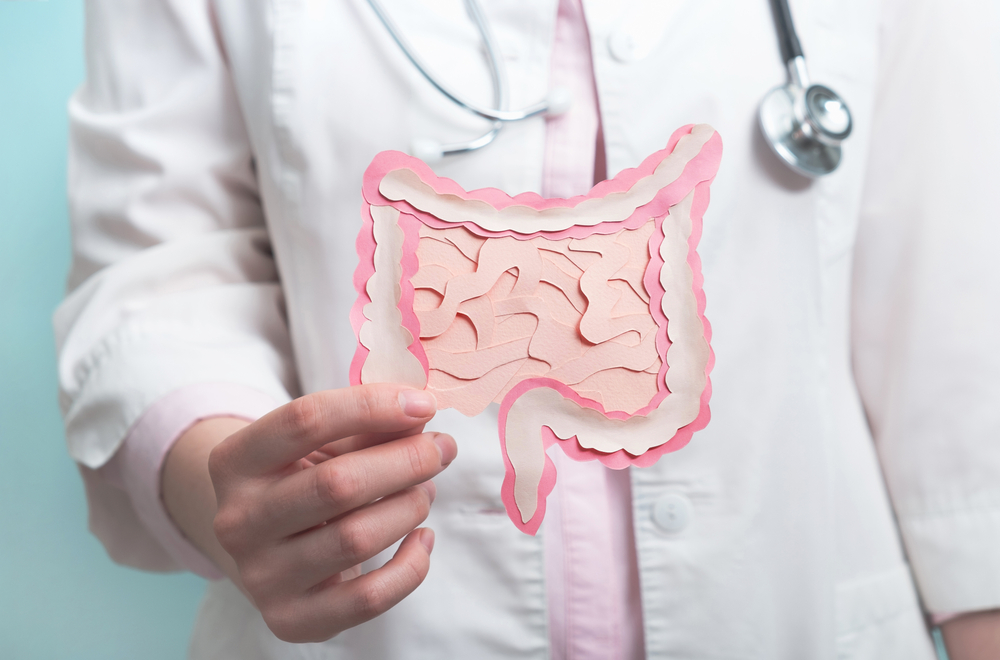Welcome to the world of gut health! A healthy gut is a major factor in your general health, but it’s easy to forget to nurture your gut when you’re super busy with work or studies or just going about your daily routine. But if you don’t give your gut the attention it needs, you’ll miss all kinds of amazing benefits – more energy, better immune system balance and moods, and even better digestion.
The main function of your gastrointestinal tract is to break down food into smaller components. It also absorbs nutrients. Your gut also strives to maintain a healthy balance of beneficial bacteria to keep harmful bacteria in check. The microorganisms that make up the gut are called the gut microbiome. If this balance between good and bad bacteria is disrupted, it leads to dysbiosis, a state where harmful bacteria gain a foothold, and poor gut health.
Smoking
Smoking isn’t just harmful to your lungs; it does a number on your gut too. Research shows smoking decreases bacterial diversity and richness. One study found the drop in diversity caused by smoking could increase the risk of inflammatory bowel disease.
Here’s the good news. A study published in FASEB Journal found that behavior modifications, like quitting smoking and regular exercise, can positively affect the gut microbiome and help restore a healthier balance. Quit smoking for the health of your heart and lungs, but also your gut.
Stress
Stress can lead to changes in gut bacteria, which can cause changes to the brain and mental health. One way stress affects gut microbiome balance is by increasing the stress hormone cortisol. Stress may also influence gut health by altering gut mobility, the contractions that carry food through the digestive tract. Your gut and brain are connected through a major nerve called the vagus nerve, and there’s a two-way communication. Your gut influences your brain and your brain. Stress disrupts this communication, and that’s harmful to gut health and your wellness as a whole.
Lack of Sleep
Burning the midnight oil and not getting enough sleep can also harm your gut microbiome. A 2016 study found that young adult males deprived of sleep for two days experienced changes to their gut microbiome. The guts of these males had higher levels of gut bugs linked with poor gut health. With the changes occurring in only two days, it doesn’t take much sleep loss for your gut to be affected.
Research also shows insomnia and working night shifts, where the body’s internal biological clock is disrupted, can cause changes in the gut microbiome. These changes are of the type that leads to inflammation, a drop in metabolism, type 2 diabetes, and obesity.
Lack of exercise
Studies also show that people who are physically active have a more diverse gut microbiome than those who are couch potatoes. It’s hard to determine whether insufficient exercise is responsible for these changes, or if it’s due to another factor people who don’t exercise have in common. For example, people who exercise regularly often eat a healthier diet.
However, one small study that looked at the gut microbiome of healthy young women when they were sedentary and when they started exercising regularly found their gut microbiome changed. When they returned to a sedentary lifestyle, their gut microbiome reverted back to its previous state.
Eating Too Much Processed Food and Sugar
Processed foods have various drawbacks. Studies link a diet high in processed foods with a greater risk of health problems, like cardiovascular disease, type 2 diabetes, and obesity. Ultra-processed foods are also low in nutritional value and lack fiber. That’s important, since fiber consists of sugars and carbohydrates that humans can’t digest, but bacteria can. When healthy bacteria munch on fiber, they multiply in the gut and flourish. Fiber helps support a diverse and healthy gut microbiome. When these foods become the backbone of a diet, it leads to changes to the gut microbiome. Research shows the gut microbiome can change within a few days of a dietary change. People who munch on whole, unprocessed foods are more likely to have beneficial gut bacteria.
Drinking Too Much
You might want to put down the bottle when you hear this. According to Dr. Craig McClain, who studies the effect of alcohol on the gut microbiome at NIH-designated Alcohol Research Center at the University of Louisville, excessive alcohol affects the tight junctions, the tiny gates that keep things from leaking out of the gut and entering the bloodstream. Plus, it can cause less desirable bacteria to overgrow in the gut and crowd out the good bacteria.
It’s unlikely that an occasional glass of wine will disrupt your gut microbiome, but don’t overdo it, and make sure you’re eating a nutrient-dense diet as well. Consuming an abundance of alcohol can cause nutritional deficiencies. Plus, alcohol contains calories and sugar, but has little nutritional value.
Taking Antibiotics
Sometimes antibiotics are necessary, but don’t take them for a viral infection — they only affect bacteria, and leave viruses unscathed. Research shows that taking even one course of antibiotics can disrupt the gut microbiome, and it can take months, or even a year, or longer to recover. Some scientists even believe the gut never fully recovers from antibiotics. Be prudent with antibiotics. When your doctor prescribes them, ask questions and make sure they’re justified.
The Bottom Line
While it can be challenging keeping gut health in check with a busy schedule, gut health can affect more than just physical well-being. It also affects brain health and mental wellbeing. Keep your gut healthy by avoiding these seven gut harming habits.



